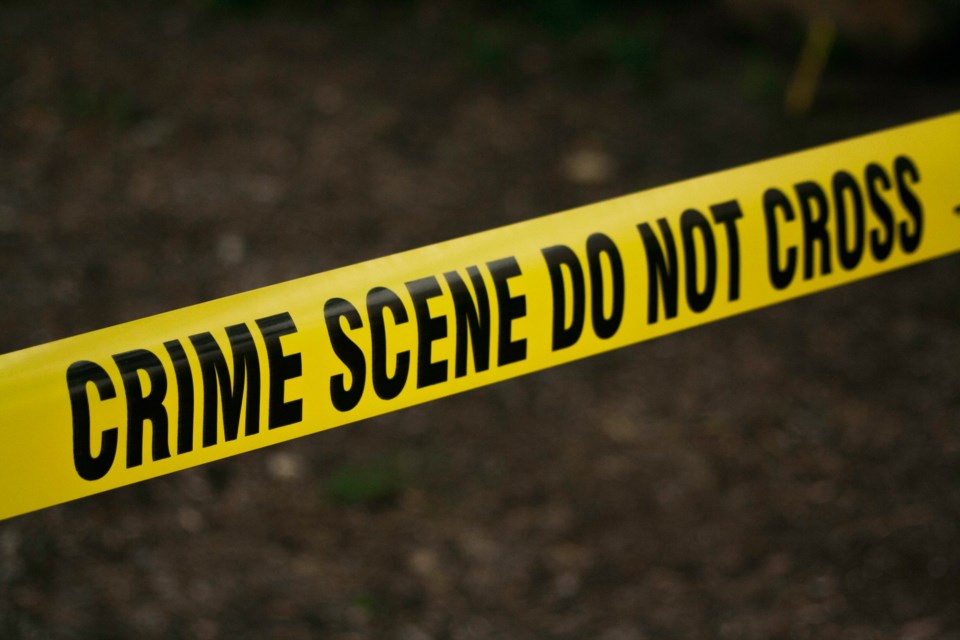With people under more stress — emotional, financial, and even physical — during this pandemic, does that lead to more crime?
Law enforcement and experts tell The Chief, not necessarily, though the final verdict won't be in until the pandemic is over.
"We cannot provide weekly/monthly statistics. On a quarterly basis, we report these to Statistics Canada, and only after they have verified and analyzed. I can assure you that our crime analysts are monitoring crime trends daily, both provincially and nationally, and have not noted any spikes in crime, " said Staff Sgt. Janelle Shoihet of the B.C. RCMP in an email to The Chief.
Squamish officers say that while they can't give specific stats, they are not seeing a slowdown of calls to police during COVID-19.
Over the last number of weeks and months, before and since the pandemic, there have been some substantial investigations and circumstances that have fallen on the shoulders of local RCMP including the toddler pedestrian fatality, a homicide, stolen vehicle investigations, a stabbing, a wildfire, and several other files "which have taken extensive and collaborative investigational resources," read a statement from Squamish RCMP.
Due to COVID-19 restrictions, as with other detachments, the front counters at the Squamish headquarters are closed and additional protective equipment required for members has been put into use.
Criminologist perspective
Neil Boyd, a professor of criminology at Simon Fraser University says crime doesn't necessarily go up in a pandemic. He spoke to The Chief of crime generally, not related specifically to Squamish.
"In many respects, people have come together around this pandemic," he said. "Overall levels of crime, I don't see any reason why they would go up."
The exception would be domestic abuse, he said.
Calls to abuse hotlines are up, Boyd noted.
"Conflicts are more likely when there is some external stress and certainly the pandemic represents external stress," he said.
He said there is also likely some opportunistic crime taking place.
"People have to board up shops and people take advantage. You also see online scams," he said, referencing the selling of N95 masks and protective equipment.
"So that is a concern."
On April 19, Solicitor General Mike Farnworth announced police and other law enforcement agencies are able to issue $2,000 tickets for the reselling of masks and other essential medical equipment.
Asked if restrictions at borders could mean local illicit drug supplies have dried up, perhaps leading to increased crime, Boyd said it is not a likely scenario.
"The supply-side strategies for crime have never been particularly successful. We have seen huge seizures of drugs and the price on the street hasn't changed."
He said that legal routes aren't the way most drugs come in.
There may be less traffic by car and commercial flights, he said, but people will still be getting it across by other means — boat and by foot, and so on.
"That is not to say it couldn't be the case in some small communities where somebody's pipeline isn't there, but obviously alcohol and cannabis are available," he said.
Ultimately, though, we won't know for sure if crime has gone up until this pandemic is over and we can look back at all the data, he said.
On the flip side, Boyd said when it comes to police overreach, he doesn't see a reason to be concerned with how the RCMP is operating so far during the pandemic.
"I think the reactions are more coming from the other side. The fact that people have to board up their businesses. The fact that we have an increase in scams. I don't see any evidence that the police are taking a really hard line against X,Y or Z, in the context of the pandemic."
Boyd said he is generally concerned that those with mental health or substance issues are under the most stress.
"So, people who are homeless, or who have a mix of mental health and substance abuse problems and are economically vulnerable, they are at risk. And how to respond to that community is going to be a challenge," he said.



